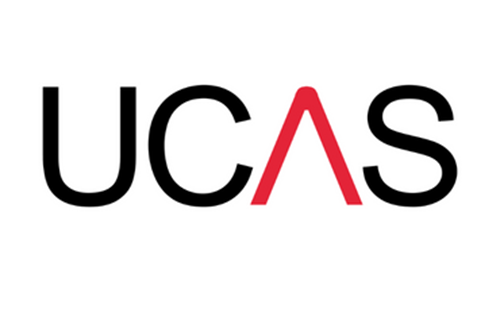Addressing the needs of each pupil
Gatsby Benchmark 3
Pupils have different career guidance needs at different stages. Opportunities for advice and support need to be tailored to the needs of each pupil. A school’s careers programme should embed equality and diversity considerations throughout.
A school’s careers programme should actively seek to challenge stereotypical thinking and raise aspirations.
Schools should keep systematic records of the individual advice given to each pupil, and subsequent agreed decisions.
All pupils should have access to these records to support their career development.
Schools should collect and maintain accurate data for each pupil on their education, training or employment destinations for at least three years after they leave school.
(From Good Career Guidance website Addressing the needs of each pupil | Gatsby)
A clear and well thought out careers programme will identify the key stages of requirement for each year group, ensuring that every pupil's needs are met whilst challenging any stereotyping (for example gender stereotyping job roles) and raising the aspirations of individuals, by identifying needs and giving appropriate support.
Vulnerable students or those with SEN or additional educational needs should be identified and a programme of specific support put in place alongside support from the local authority. Students at risk of NEET should also have specific and targeted careers provision. Guidance on these categories of careers support can be found here:
Systematic records can be kept using the Compass+ tool or via some other data system or programme, this ensures there is an accurate record of provision for each student that can be checked and referred to. Compass+ allows schools to populate student data pulled from their MIS, enabling careers interventions and provision to be logged against individuals or groups. Students should also be able to access these records if they wish to, enabling them to review and career plan. Some schools use an additional system for this that students can register for to access their own profile.
Destinations data taken at the end of Key stage 4 should be collected and held for a three year period. Recording this data gives accountability, and reviewing it enables schools to assess and develop careers provision. Each schools data should be shared with their Local Authority. Government guidelines on best practise for keeping and using destinations data can be found in this government guide Destinations good practice guide for schools (publishing.service.gov.uk)
Further reading and resources can be found here:
Gatsby benchmark 3
Pupils have different career guidance needs at different stages. Opportunities for advice and support need to be tailored to the needs of each pupil. A school’s careers programme should embed equality and diversity considerations throughout.



